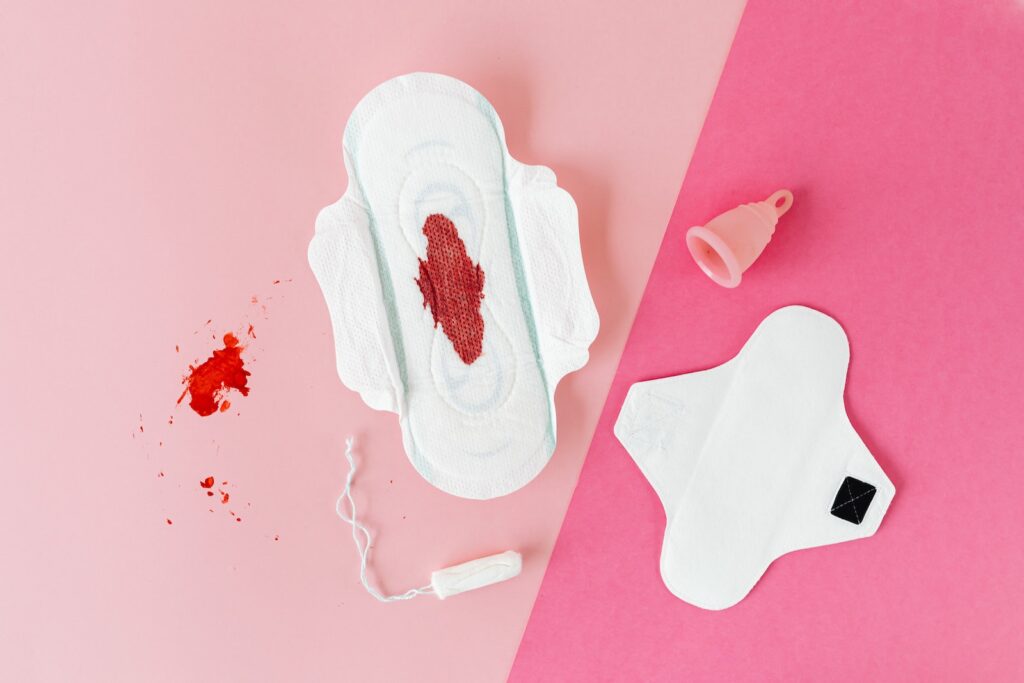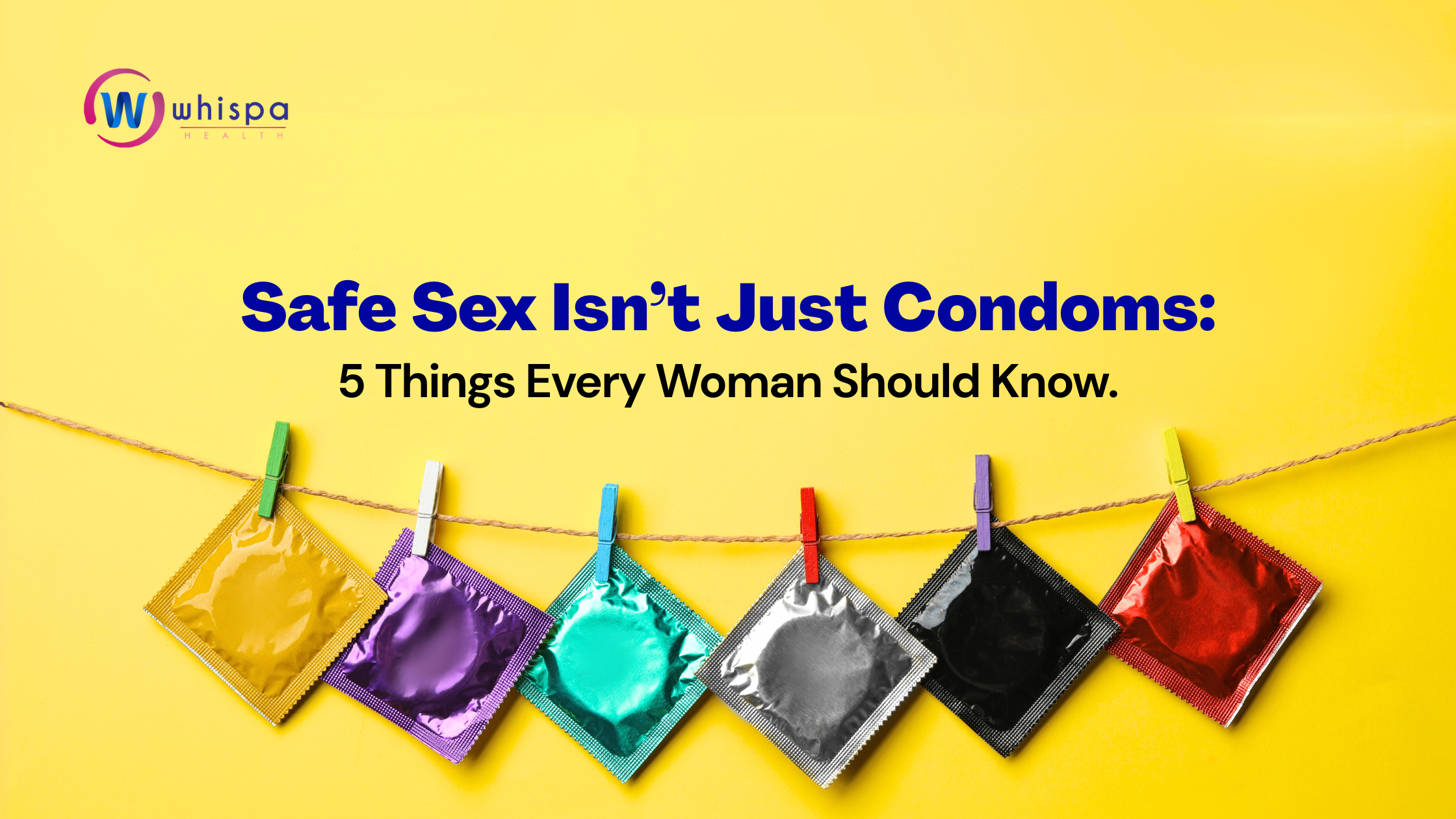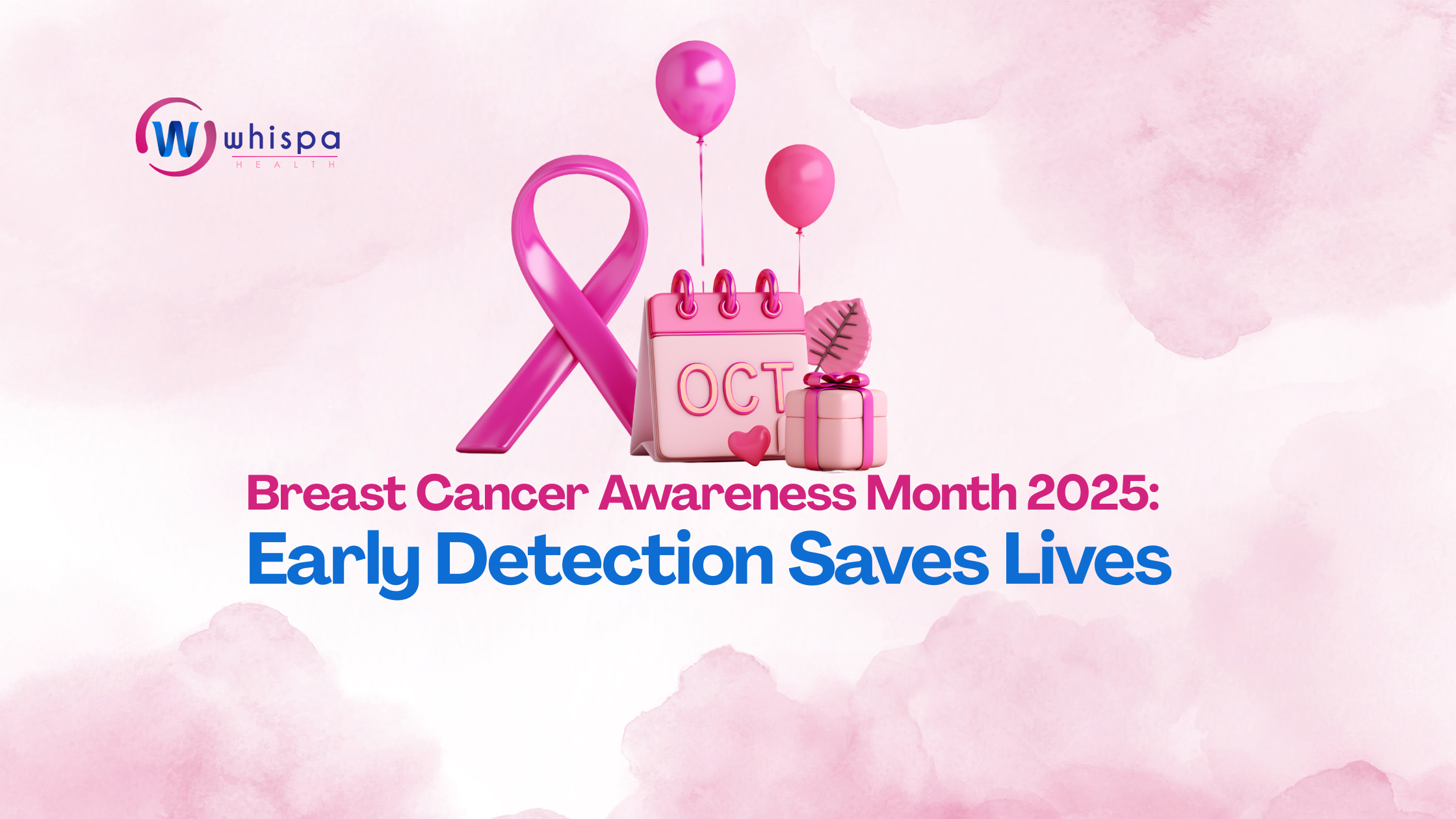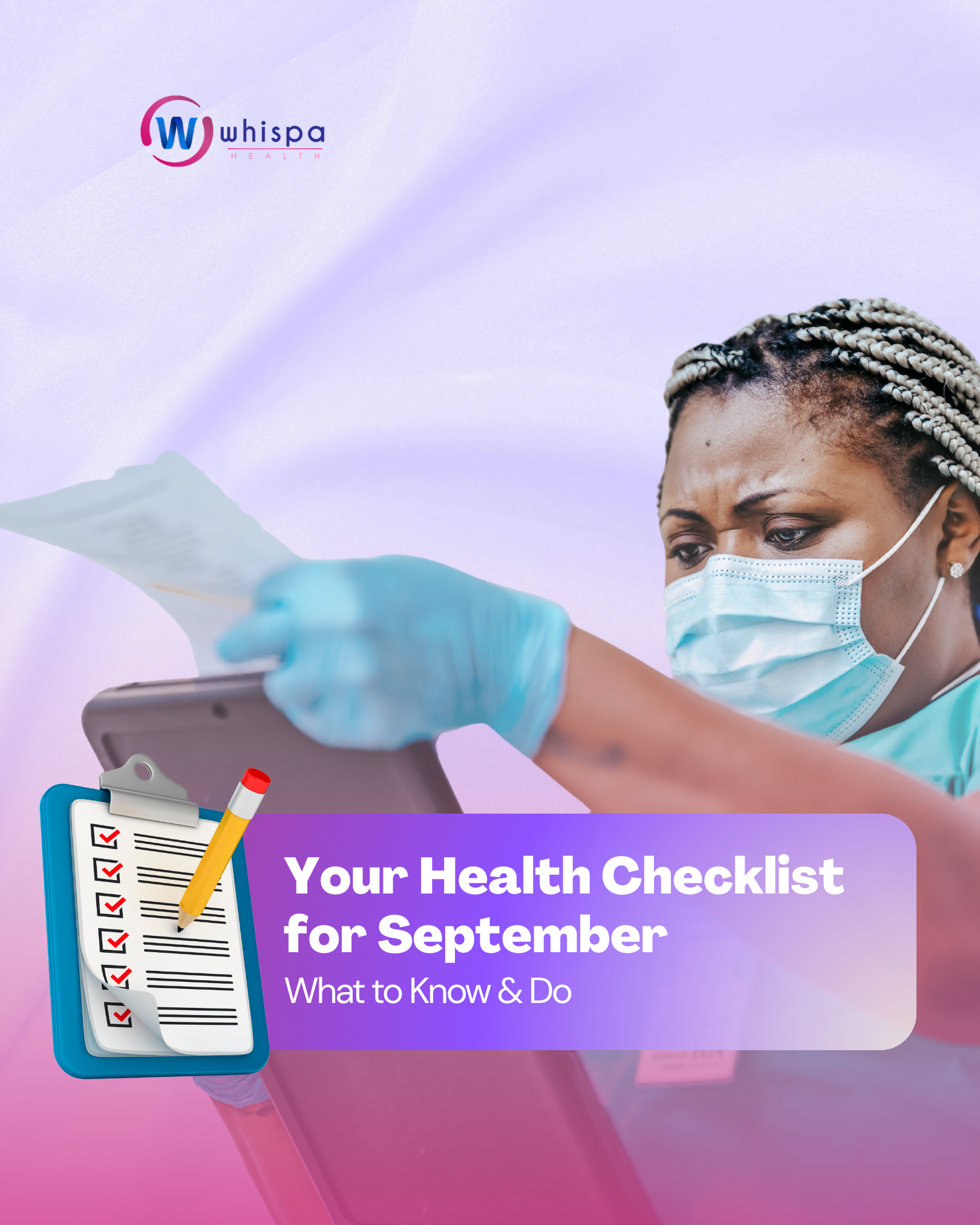When Sandra has her periods, they last for three to five days. She barely notices it before it’s time to menstruate and hardly remembers it for the next couple of days. Sandra knows how lucky she is because she also knows a number of women that are not so lucky with menstruation.
Sandra was still in the university living in a room with five other students. Here’s what happens when one of her roommates Susan is on her period:
-
- Everyone in the room knows when Susan starts her period. They all wake up to the sounds of her crying in pain
- Sandra and the other roommates also know exactly how long Susan’s period last. (if you are curious, it is four to eight days.)
- They know this because they are also the unpaid medical support crew (not that they are complaining)
- Their duties include buying pain medicines, and boiling water for her hot water bottle. While she vomits, they are holding her head. Every time, they have to make excuses to her classmates on why once again Susan is down with ‘malaria’
- As the unpaid medical crew, they also run shifts around her. They juggle their school schedule around so there is always someone around to help ‘their sister’
And every month while this Susan’s bloody period wahala is happening, Sandara and everyone in the room is asking themselves this question. Even Susan has probably asked herself a thousand times. “Is it compulsory to menstruate?”
Another experience
Another experience to share is that of another friend of Sandra’s that is living with Endometriosis. Let’s call her Toyin. For Toyin, her menstrual period signals the start of another mini-medical crisis. This crisis starts some days before her period begins. It starts with bouts of intense abdominal pain, back pain, and even pelvic pain. This goes on for at least one week every month. Sandra has a strong suspicion that Toyin’s reproductive system is actively trying to kill her or permanently injure her. After the menses are over, Toyin may still have to battle anaemia (low blood levels) due to the heavy blood loss she experiences during her period.
The only question still on Sandra’s mind is: “Is it compulsory to menstruate?”
The short and simple answer is NO.
Yes, periods are dodgeable and many times it does not even have to be for medical reasons. There are times when women may not want to see their period for convenience-sake. For example, Rahmat, who just wants to fast all through the Ramadan season without taking a break because of her period, or Chioma, who wants to go on a long-awaited vacation and doesn’t want any red visitor surprises along the way.
Why do women menstruate?
The purpose of menstruating is to let you know that another opportunity to get pregnant just passed by. It is a biological alarm clock. It’s not a body cleanser or womb washer or whatever you think it actually is.
Now let’s say that you started menstruating at around 12 years old. You probably do not get pregnant until you turn 30. You would have spent a minimum of 594 days (almost two years) of your life menstruating just for the fun of it. Now, this is cool if your periods and you are besties. What if you are frenemies or outright enemies? Do you really need this biological alarm clock?
Is there really a way to avoid the dreaded red visitor A.K.A. periods?
Yes, there is a way out, but many women are afraid to take it. They believe that it is their womanly DUTY to menstruate. How can pouring blood out of your womb every month be a duty that you want to hug to your chest like a teddy bear?
Fine-fine, perhaps menstruation is cool for you, but what about those women that menstruation=torture? women like Susan, Toyin..,? women who get super distressed and afraid as their period start date approaches? What should such women do? Lie down and take it like a champ until they reach menopause?
The solution is hormonal (progestin) therapy.
If your menstrual cycle were a video game, this would be the cheat, that we are about to share with you.
Hormonal contraceptives have a popular side effect (benefit). They can lighten or stop your periods! This is because they mimic (simulate) in small safe doses, the hormone levels in pregnancy (remember that pregnant women do not get re-pregnant or menstruate).
This treatment called Progestin therapy involves prescribing certain hormonal contraceptives to women who want to have lighter, less painful periods or even NO periods at all.
Even though they are contraceptives, this therapy can even be given to women who are medically eligible for it, yet do not even want to prevent pregnancy. Now the best part is, this treatment is not permanent and can be reversed. While it is true that the reversal time varies from contraceptive to contraceptive, when you stop using them, you can rest assured that your menstruation period will eventually go back to its default setting.
Examples of hormonal (progestin) therapy contraceptives that help are Hormonal IUDs, Contraceptive injections, Contraceptive implants, and even the combined daily contraceptive pills which work by skipping the inactive tablets and starting another pack immediately. (Tip: you can book an appointment on WHISPA)
Drop your cross!
Someone informed us, that menstruation is a woman’s cross, and women must endure it gallantly as proof of womanhood and because pain is part of the curse for women. Do you agree? I think not.
Menstruation is actually quite basic and should ideally be as non-terrifying as going to poop in the toilet. They are not something women should be shy about or avoid saying out loud by using code names like time of the month, mother nature is visiting. Women should feel free to announce when they are on their periods without it resulting in shocked glances or people treating them like they have a contagious infection. Considering how inconvenient periods are, pads and other period products should be cheaper than toilet paper and even free.
Menstrual blood is not dirty blood, it’s not a woman’s cross or Eve’s punishment or whatever awful nicknames exist out there. It’s just the womb emptying out all the blood it had prepared to welcome a new pregnancy that thankfully (or sadly|) did not happen.
Therefore, if your period is always NEGATIVELY affecting your life or you find it inconvenient at any moment, then here’s our candid advice, it’s time to drop that cross and walk the hormonal therapy path to freedom.
Don’t forget that you can also chat with a WHISPA doctor if you have any questions about menstruation or any other topic.
Do you have any menstrual pain stories like Susan and Toyin’s to share?
Leave a comment below or send an email to feedback@whispahealth.com




